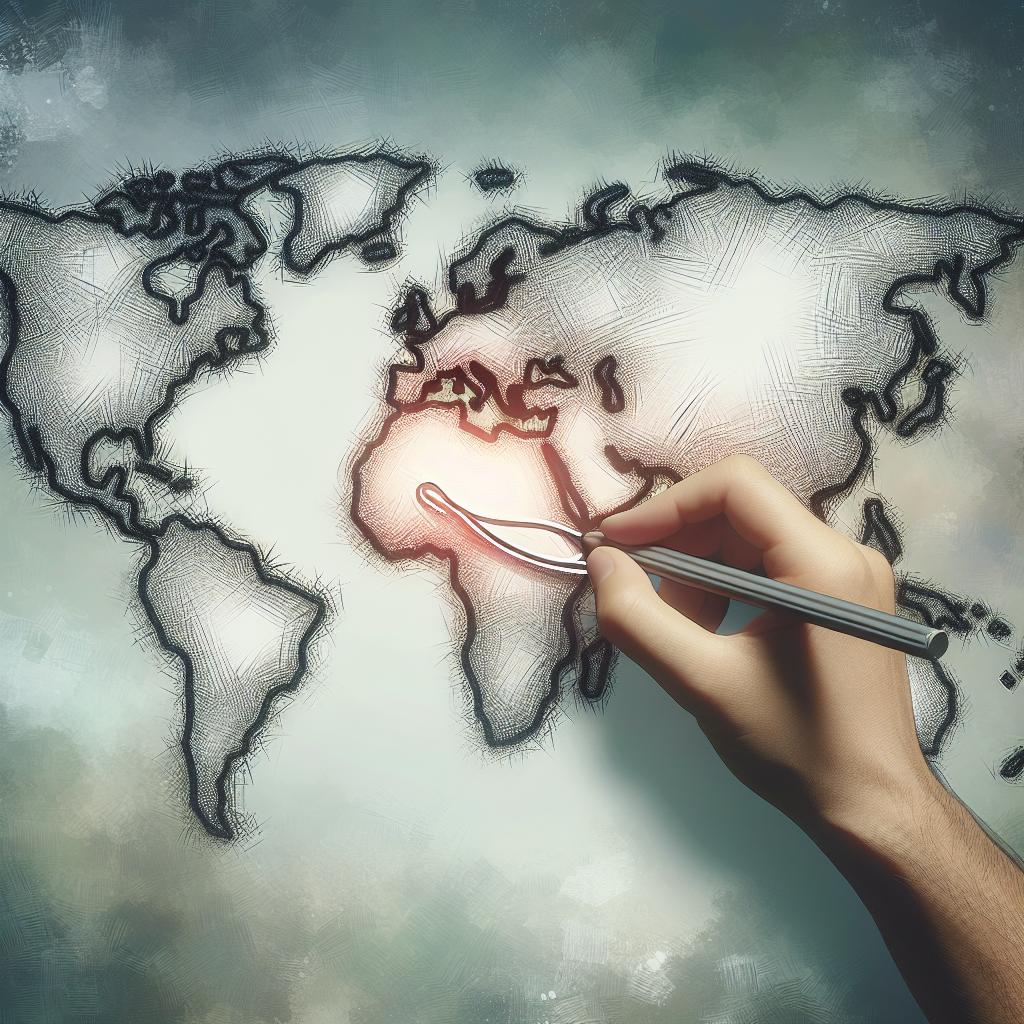Global Shift: More Countries Recognize Palestinian State Amid Tensions
Several countries are expected to recognize a Palestinian state at a summit led by France and Saudi Arabia. The move has caused tensions with Israel, especially after major countries like Australia and Britain recognized Palestine. Despite recognition, full U.N. membership remains elusive due to U.S. opposition.

At a world summit organized by France and Saudi Arabia, more countries are anticipated to recognize a Palestinian state, escalating tensions with Israel. This follows the decision of nations such as Australia, Britain, and Portugal to acknowledge Palestine, drawing sharp rebukes from Israeli officials.
The Palestinian Liberation Organization declared independence in 1988, with widespread recognition from the global South. However, Israel's major ally, the United States, insists on a mutually agreed two-state solution with Israel before endorsement. Diplomatic recognition remains symbolic, as full United Nations membership requires Security Council approval, where the U.S. holds a veto.
Despite countries planning recognition, Israel faces global scrutiny over its actions in Gaza. Prime Minister Benjamin Netanyahu and the U.S. oppose recognizing a Palestinian state, arguing it empowers Hamas. Meanwhile, the Palestinian Authority, under Mahmoud Abbas, possesses limited sovereign powers and continues to seek international support.
(With inputs from agencies.)
ALSO READ
Qatar and Saudi Arabia's $89 Million Boost for Syria
Iran's Rial Plummets Amid Diplomatic Tensions
Stellantis Halts Production in France and Italy Amid Waning European Demand
Sheikh Abdulaziz: Legacy of Saudi Arabia’s Influential Grand Mufti
Erdogan's UNGA Remarks Ignite India-Turkey Diplomatic Tensions










